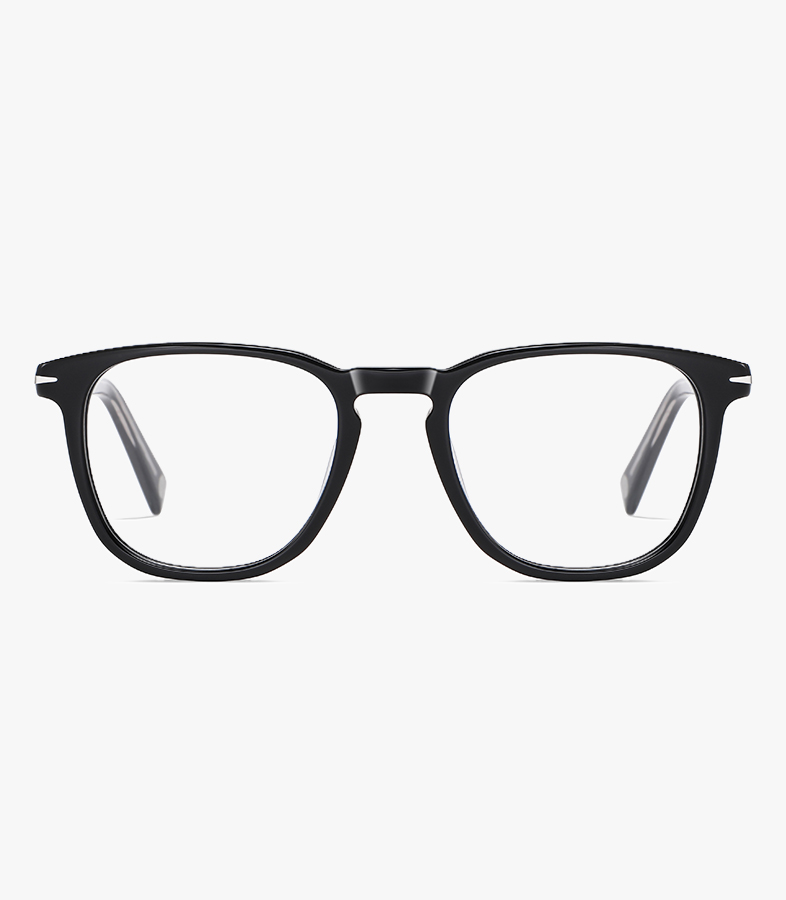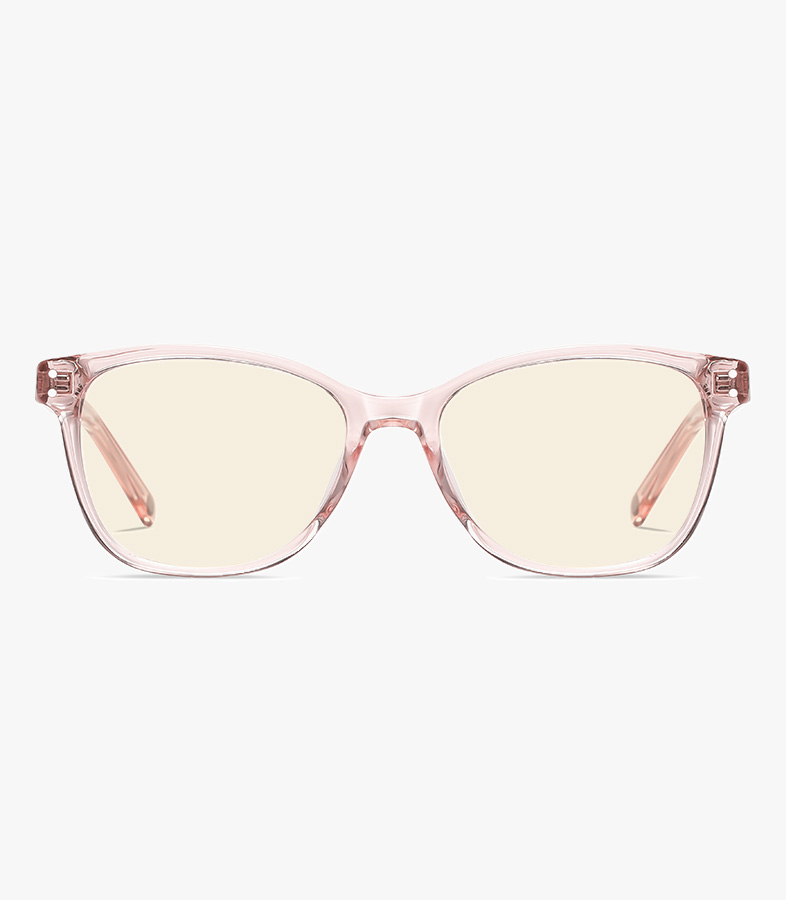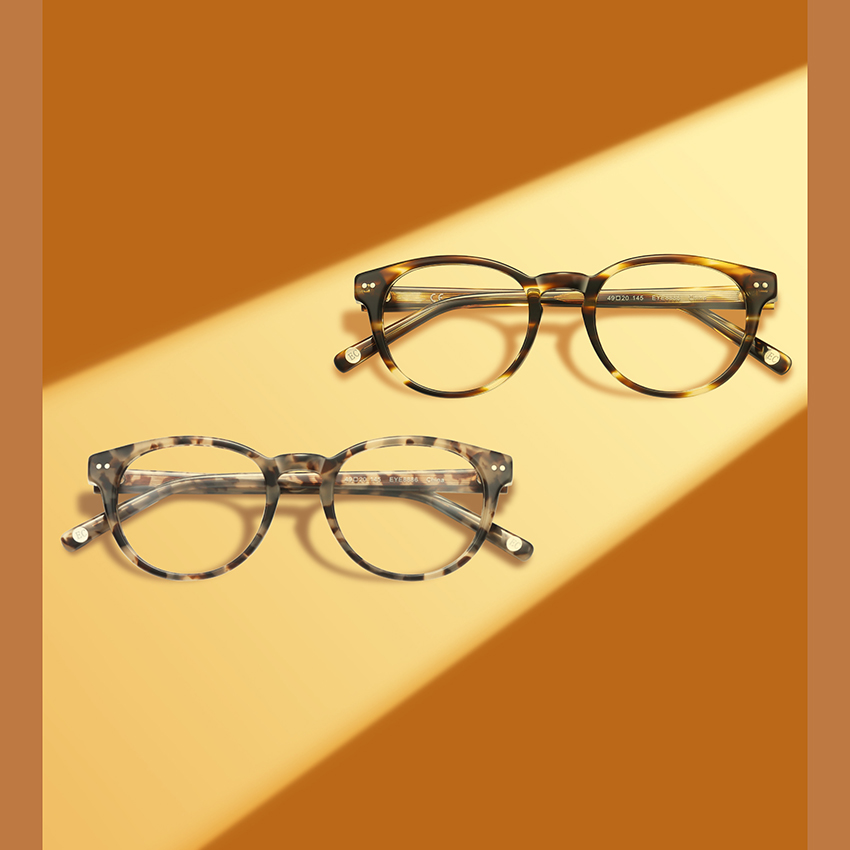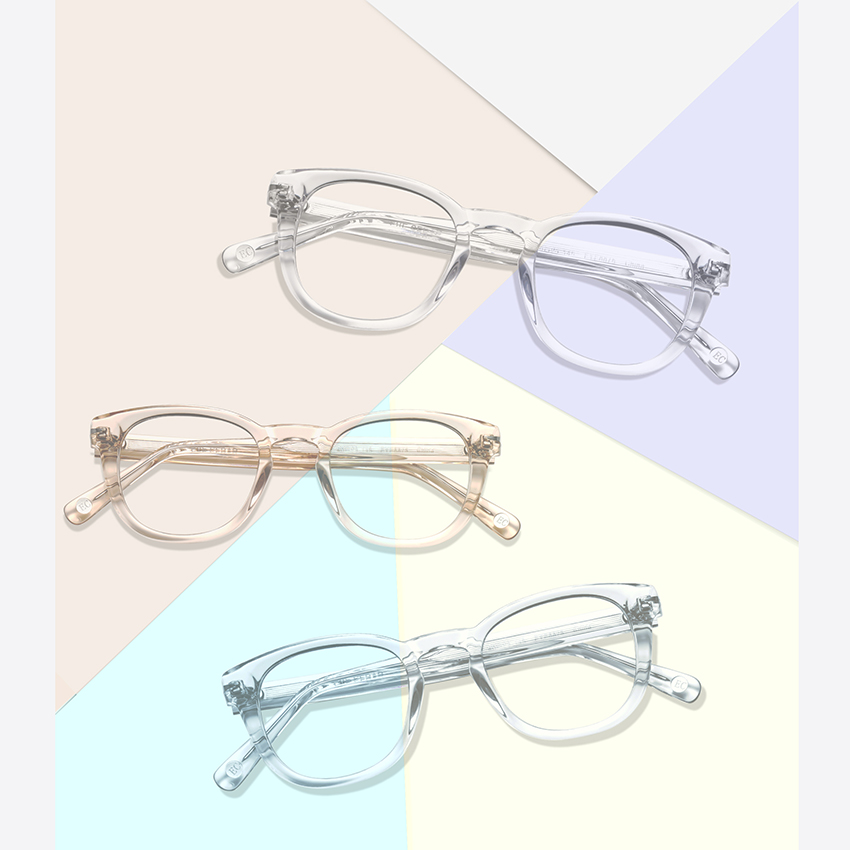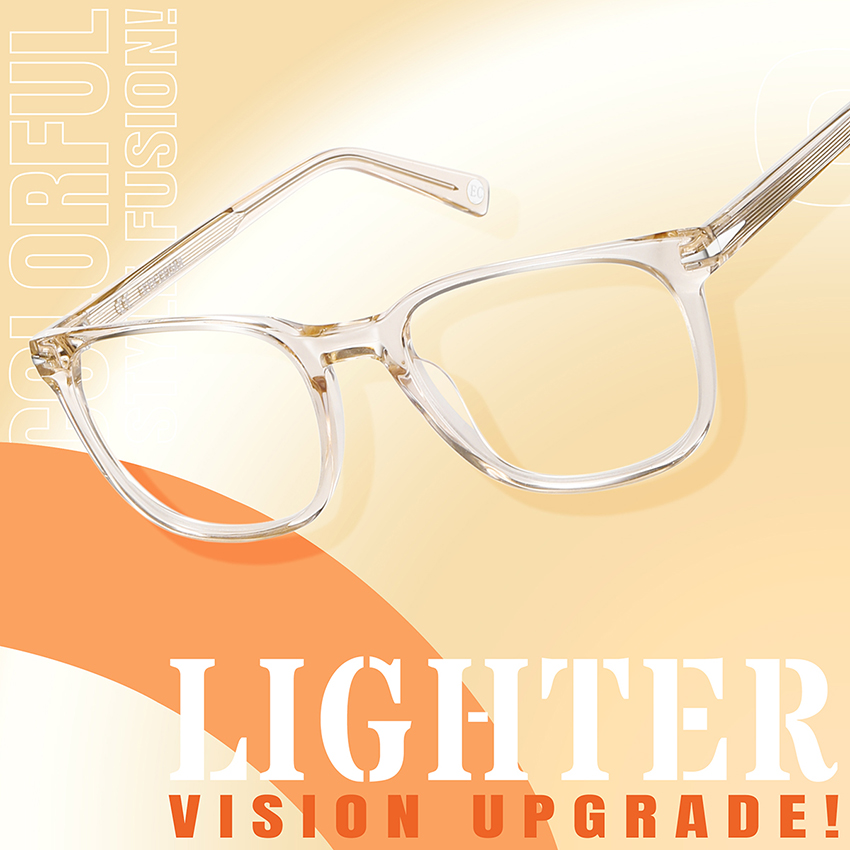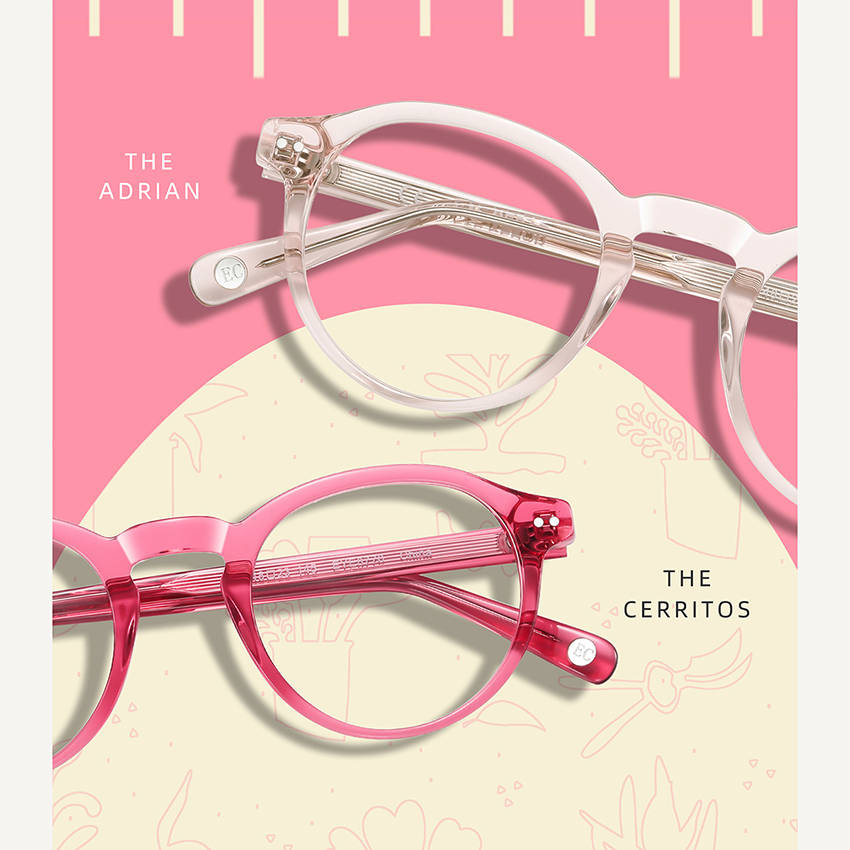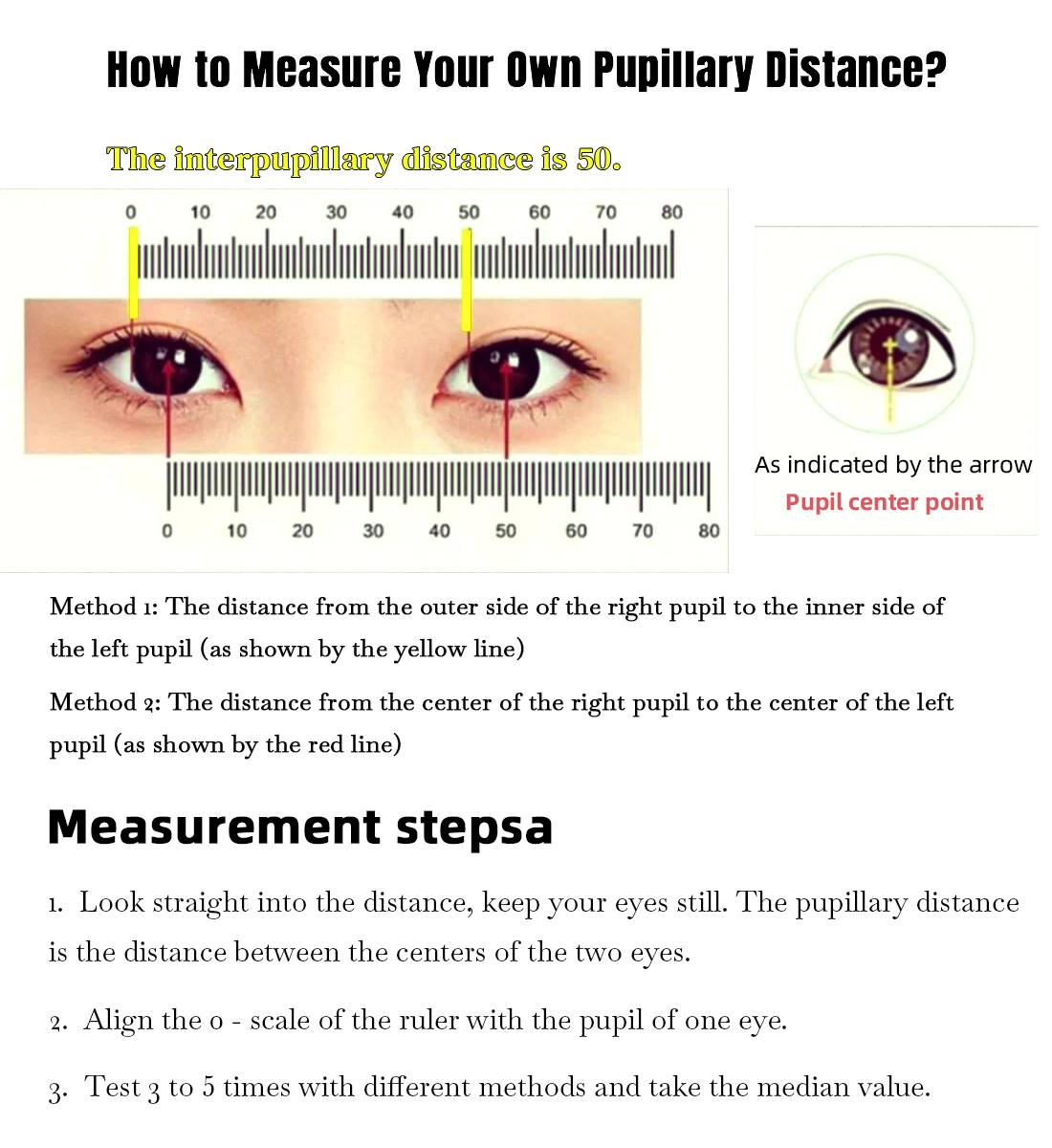When we go to the eye doctor for a check-up, we are often told that we have both presbyopia and astigmatism, or nearsightedness and astigmatism. What is astigmatism? Is it caused by nearsightedness or farsightedness? How can we treat astigmatism? This blog answers your questions.
What is astigmatism?
Astigmatism is the inability of parallel rays of light entering the eye to focus accurately on a single point, preventing the formation of a clear image. It occurs because the curvature of the eye's refractive tissue (mainly the cornea) is not a perfect sphere.
Astigmatism can be categorized into regular astigmatism and irregular astigmatism. Patients with regular astigmatism see images with a clear offset direction, while patients with irregular astigmatism see images that are a mess.
In addition to vision loss, astigmatism patients are also prone to visual fatigue. Visual fatigue










